Changing the narrative about age and the future of work.
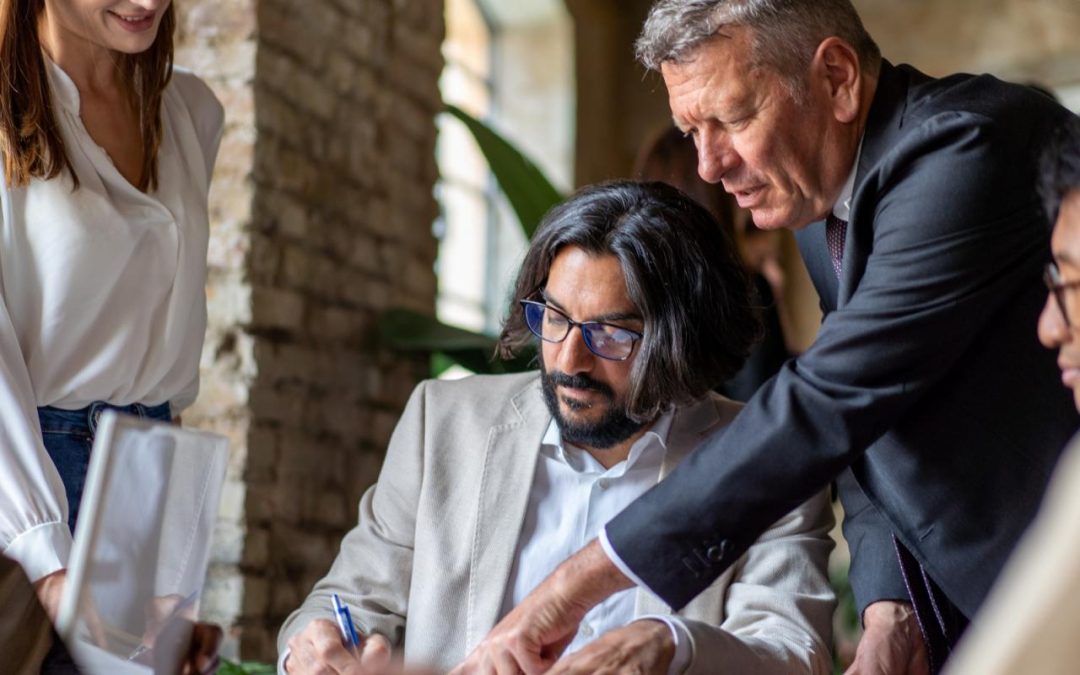

Changing the narrative about age and the future of work.
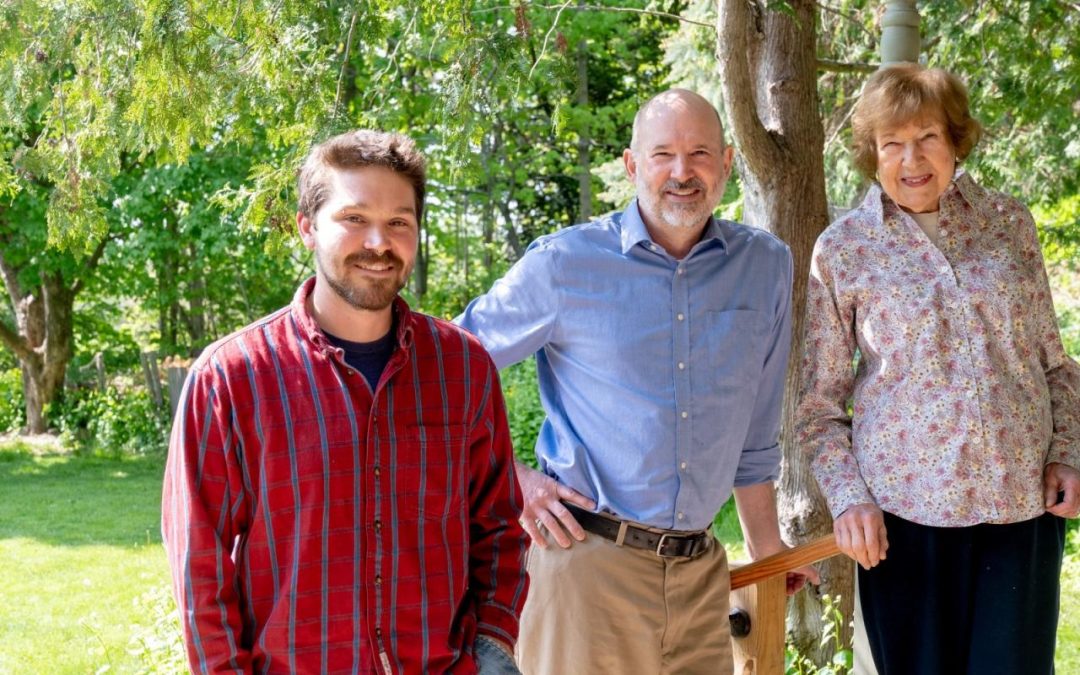
A peacemaker evolves when leaving her comfort zone.

‘At the center of this framework is advancing health equity.’

Tracking the evolution of the age-friendly movement in the United States.

Why universities must become extensions of their communities rather than exclusive age-segregated spaces.
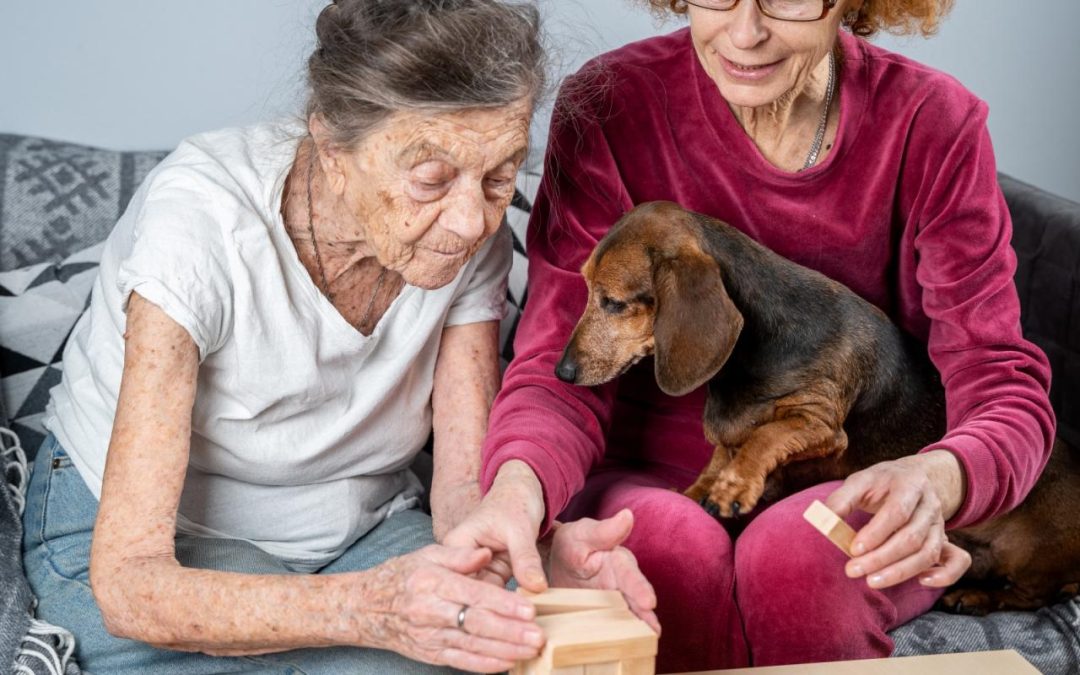
The role of Dementia Friendly America and AAAs in ensuring communities across America are supportive of those with the condition.
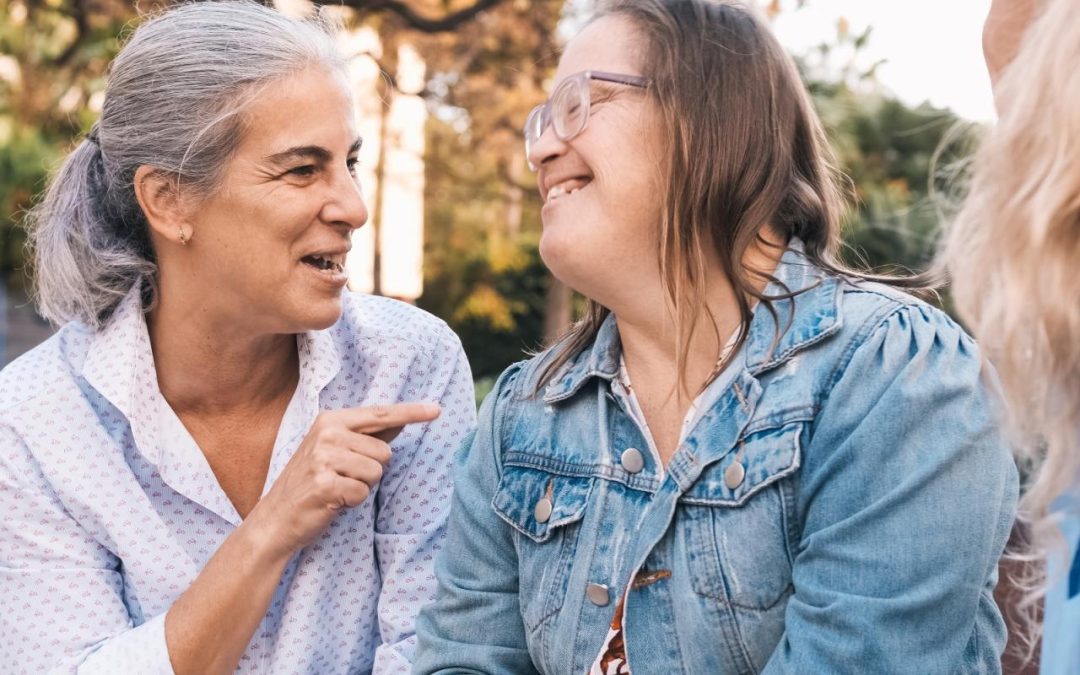
It is critical to include people with disabilities as stakeholders in any collaborations in AFEs.

States can use MPAs to coordinate aging and disability services and supports across sectors to achieve age-friendly ecosystems.

Where do we go from here?

Age-friendly work across sectors can coalesce into a social movement through shared principles and approaches to improve society.

Collaboration, leadership and co-production in action.
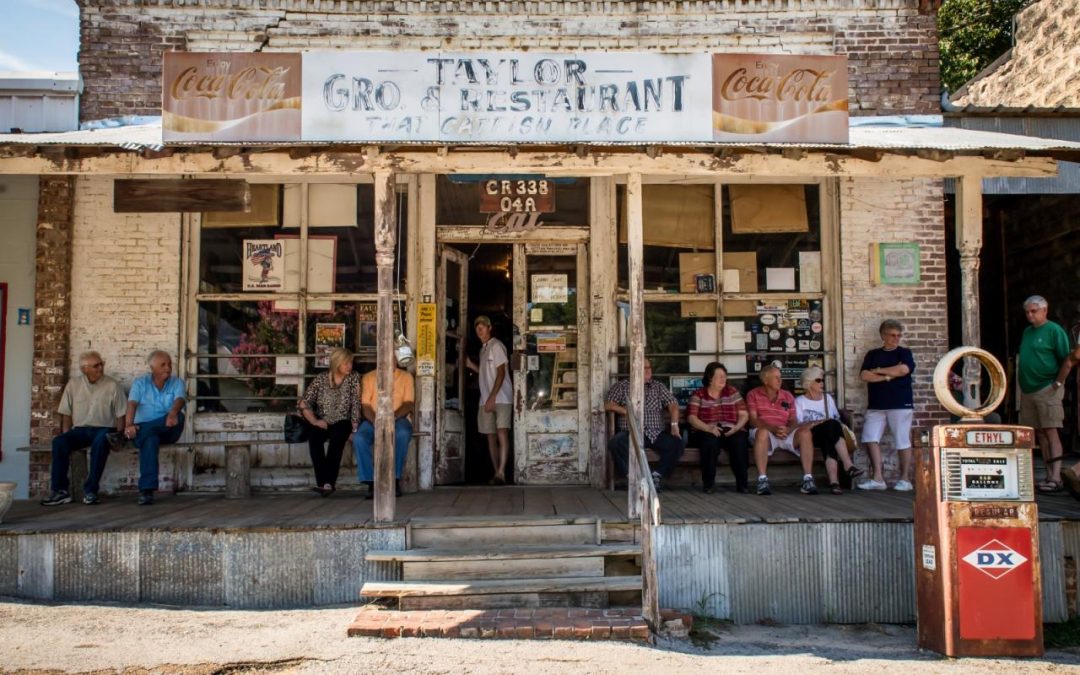
Lessons learned on the road to a Multisector Plan for Aging.

The expansion opportunity could elevate healthy aging as a core public health function, while focusing on equity.
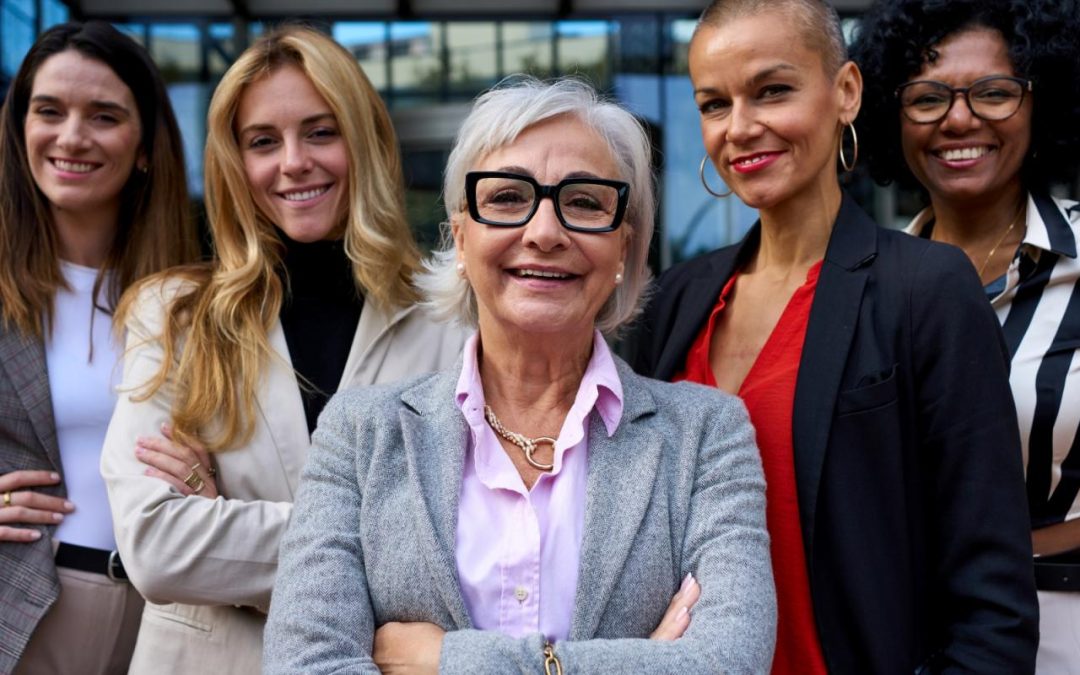
Their evolution, benefits, challenges, and future directions.

The National Aging Readiness dashboard ensures those working with elders have the data needed to prepare for and support them.

The ASA RISE Allyship Project
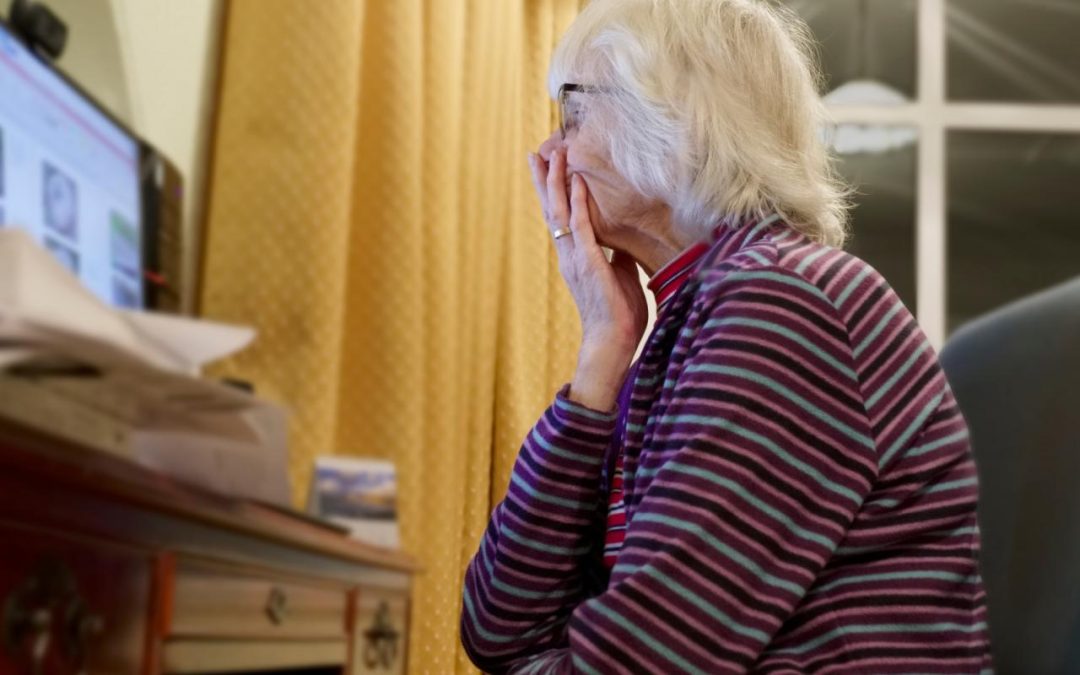
A student’s quest to protect older adults from online scams.

Healthcare goals, medication management, frailty, social vulnerability, and age-friendly leadership must all be tracked.
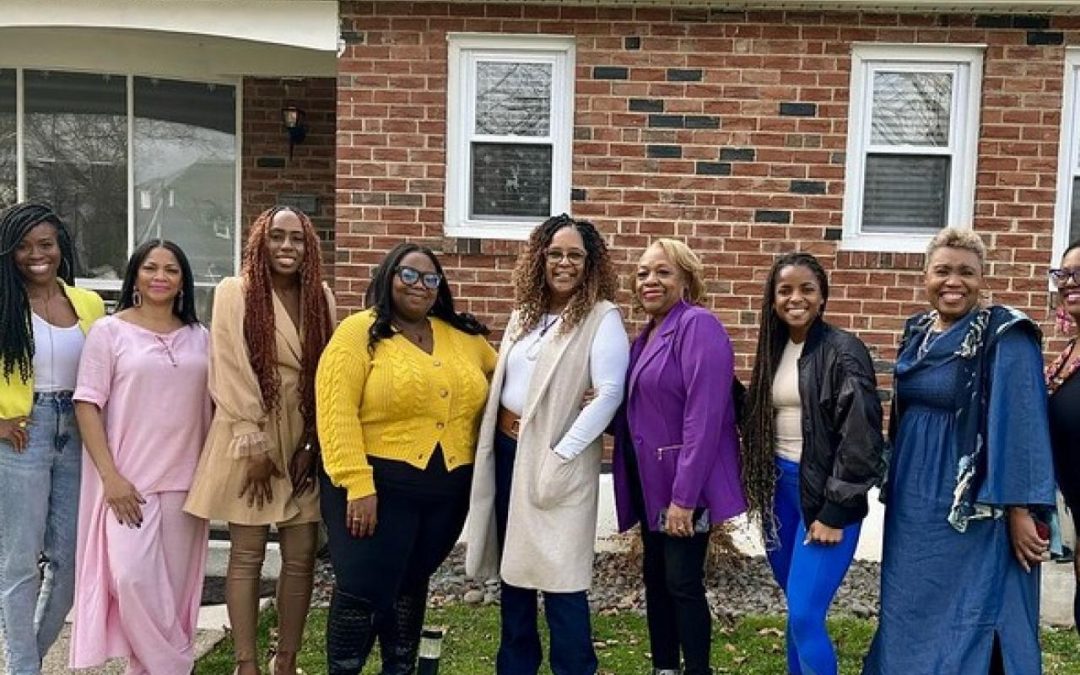
Rethinking aging—from isolation to connection.

How does social prescribing work ideally, and how might it work more broadly in the U.S.?